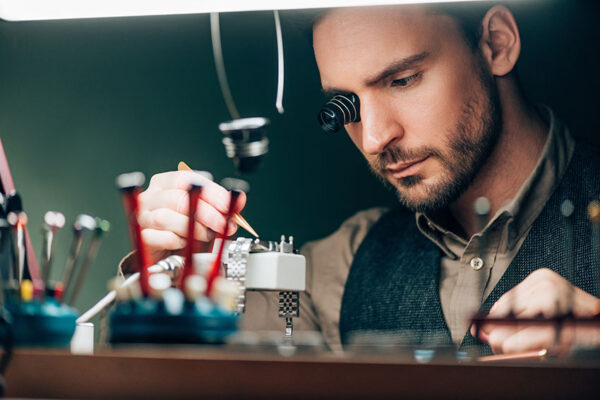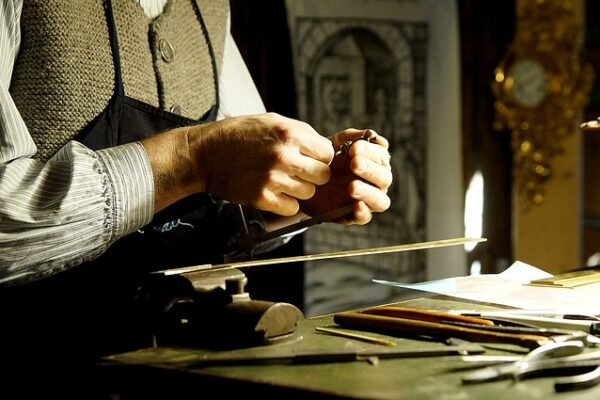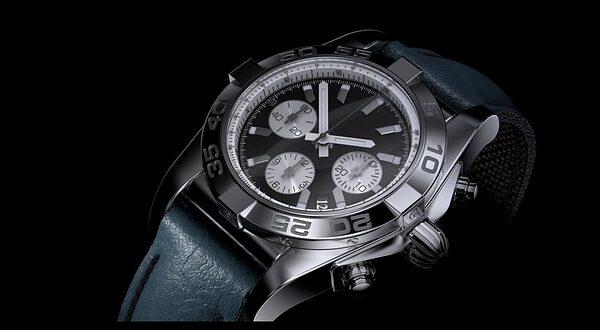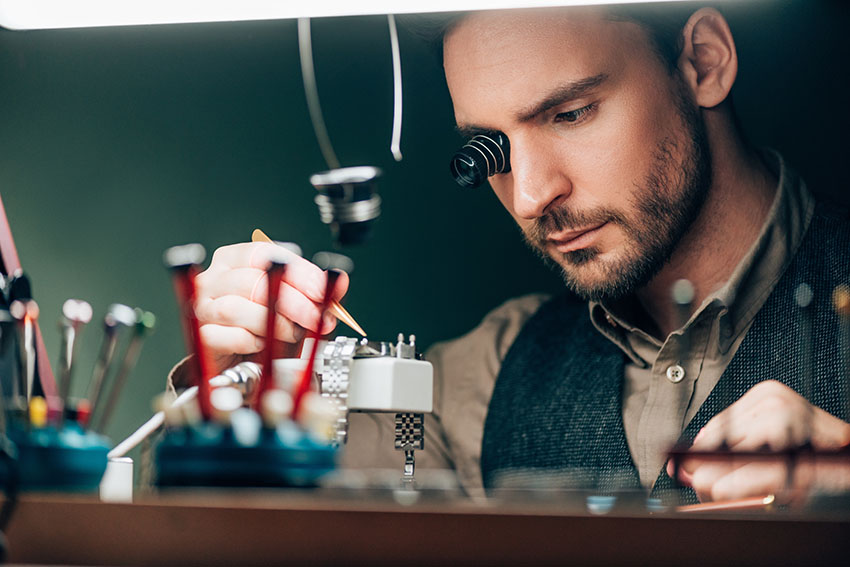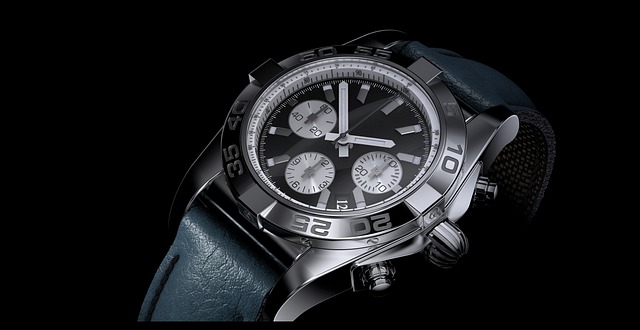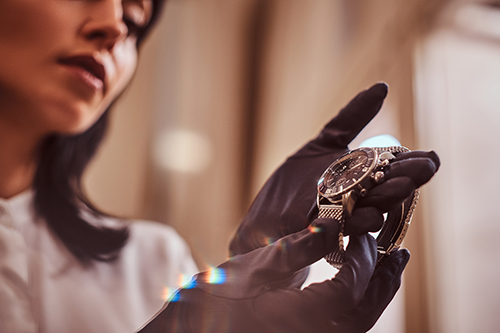The history of watchmaking can be traced back to the 15th century when the first mechanical clocks were invented in Europe. These early timepieces were large and expensive, and only the wealthiest individuals could afford them.

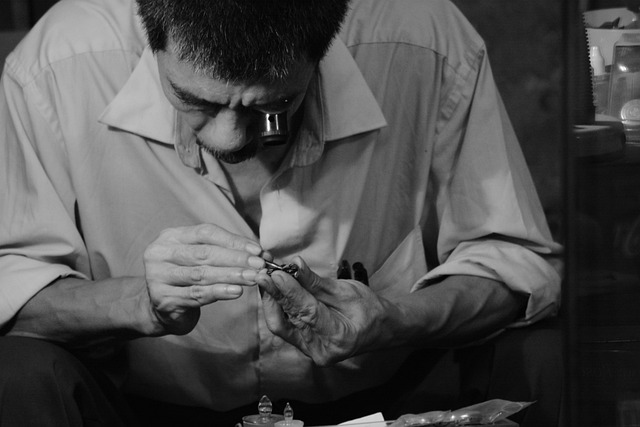

The history of watchmaking can be traced back to the 15th century when the first mechanical clocks were invented in Europe. These early timepieces were large and expensive, and only the wealthiest individuals could afford them.
The art and craftsmanship of watchmaking is a centuries-old tradition that has evolved over time to become a highly specialized and intricate craft.
Watches come in a variety of types, each with their own features and benefits. From traditional mechanical watches to modern smartwatches, the watch industry has something for everyone. In this blog post, we will explore the different types of watches and their features, including mechanical, quartz, and smartwatches.
Buying a watch can be an exciting and rewarding experience, but it can also be overwhelming with so many options available in the market.
The watchmaking industry has a long and storied history, but it is also a field that is constantly evolving with new technologies and trends shaping the future of the industry. In this article, we will explore the future of watchmaking, including new technologies and trends that are likely to shape the industry, and how microbrand watches are likely to be the leader of this future landscape.
